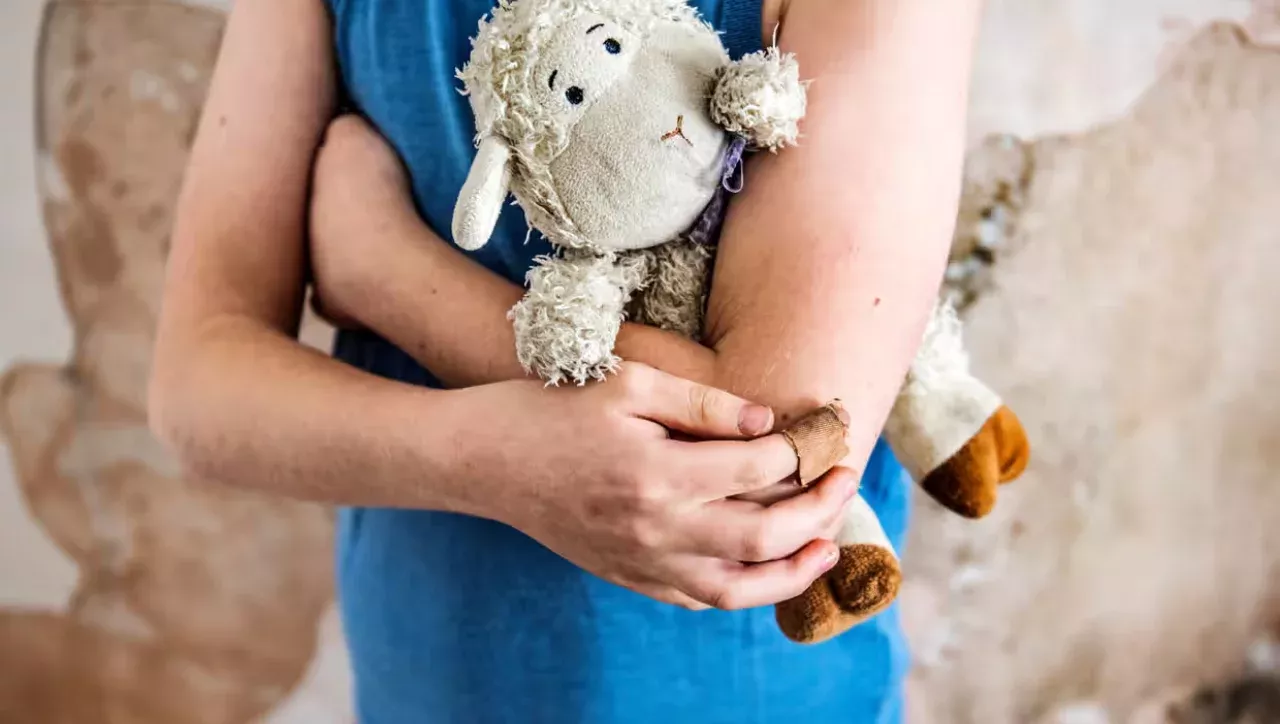Millions of children are living in poverty in England

Millions of children are living in difficult conditions in England. This was reported by Zamin.uz.
Some experts compare this situation to the poverty depicted in the works of 19th-century writer Charles Dickens. According to the Children’s Commissioner for England, Dame Rachel de Souza, it is becoming increasingly common for children to live in poverty and deprivation.
Significant changes have been observed in children's lives and thinking over the past four years. Now, children feel poverty not just as a theoretical concept but as a serious problem in their daily lives.
Many of them are not having their basic needs met, such as a clean and safe home, a bed with enough space, warmth, and independence. Children are deprived of the opportunity to invite friends over or to go to school from a nearby location.
The report states that many children have begun to accept difficult conditions as ordinary and natural. Some consider issues like not being able to wash in clean water, the dampness of their bedrooms, and the entry of rats into their homes as an inseparable part of their lives.
As Dame de Souza pointed out, it is regrettable that in one of the richest countries in the world, the fate of children is becoming dependent on their parents' financial situation. According to official data, as of April 2024, 4.5 million children are living in poverty in England.
This is a historical record. One of the biggest problems is the policy of providing benefits for up to two children.
According to the policy introduced by the Conservative Party in 2017, no child benefit or universal credit is paid for third and subsequent children. As a result of this policy, an average of 109 children fall into poverty every day, according to calculations by the Child Poverty Action Group.
Repealing this policy could cost the government approximately £3.4 billion a year, but it is expected that 500,000 children would escape relative poverty as a result. De Souza emphasized that this issue cannot be resolved in a day, but she stated that abolishing the two-child limit should be the first step of the movement.
She also proposed increasing financial support for children in line with inflation, implementing reforms to prevent families from staying in temporary accommodation for long periods, and offering free bus travel for all school-age children. In a survey involving 128 children, groups aged 6 to 18 openly expressed their thoughts about their lives, discussing the lack of quality food, living in cramped and unsanitary conditions, insufficient educational opportunities, and difficulties in attending school.
Schools and teachers also witness this situation daily and are organizing additional services to help children, including distributing hot meals, providing food vouchers, and laundry services. Paul Whiteman, the general secretary of the school leaders' association, stated that educational institutions have become not only places of learning but also centers for social support.
He emphasized that this issue can only be resolved through collaboration across all sectors of government, not just in education. So far, the Department for Work and Pensions has not made an official statement on this matter.







